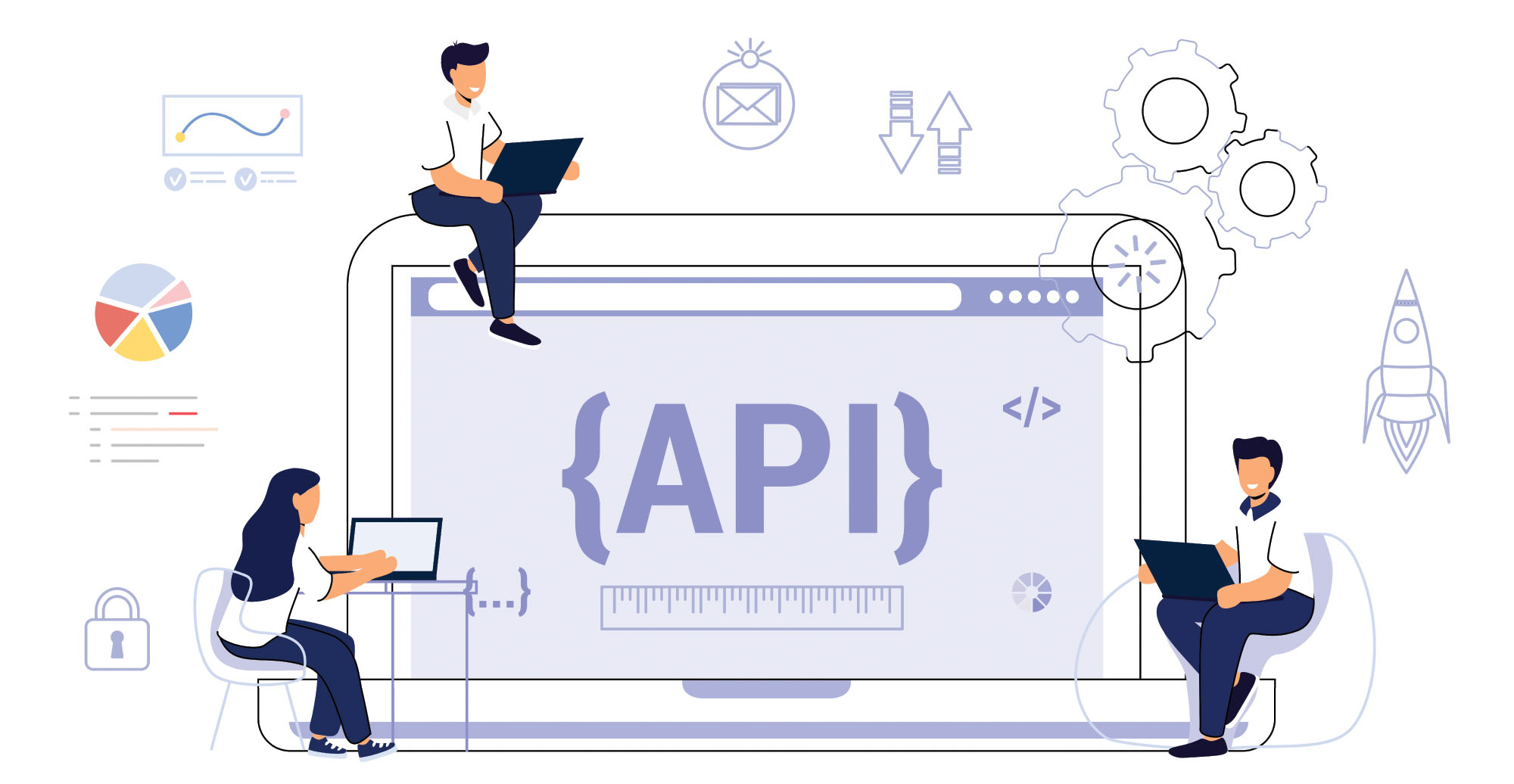
The Significance of Website Optimization
Website optimization isn’t just a buzzword; it’s a comprehensive approach that involves multiple aspects, from search engine optimization (SEO) to conversion rate optimization (CRO) and user experience (UX). Each element is a cog in the wheel, working in harmony to bring prospective customers to your website and then turning those visits into conversions—be it sales, sign-ups, or other actions that have value to your business.
What’s At Stake?
- Visibility: In a sea of countless websites, standing out is imperative. Proper optimization ensures that your site is easily found by search engines, making it accessible to a wider audience.
- Usability: Modern internet users expect a seamless experience. A well-optimized website is easier to navigate, quicker to load, and more intuitive to use, which enhances user satisfaction and engagement.
- Credibility: A well-designed and optimized website can enhance your brand’s credibility. In contrast, a slow, outdated, or confusing site can deter potential customers and harm your reputation.
- Revenue: Ultimately, all of these factors contribute to your bottom line. An optimized website can dramatically increase your revenue by converting more visitors into customers.
Why Now?
You might ask, “Why is website optimization particularly important in 2023?” The answer lies in the rapidly changing technological environment and user expectations. With the rising adoption of mobile devices, increasing importance of local SEO, and constant algorithm updates, what worked in the past may not be effective today. Adapting to these changes is not just advisable but essential.
Final Thoughts
As we delve further into this guide, we will explore each element of website optimization in detail. Whether you’re a beginner or a seasoned pro, the information contained in the subsequent chapters will provide valuable insights to improve your website’s performance and, by extension, your business success.







